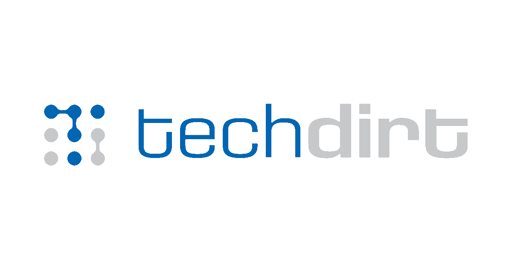Google is developing a tried and true reputation for buying products people like, making them worse, then pulling the rug out from under users’ feet. That’s been a particular problem with Google’s purchase of FitBit, which has generally resulted in less useful hardware, more paywalls, more annoying nickel-and-diming efforts, and just a more miserable user experience overall.
It’s also been a pain in the ass for folks who bought into the Nest smart-home ecosystem. Google has consistently pared back on features and restricted openness for the platform, ensuring Nest doesn’t play as well with other systems. Now Google says it’s pulling software support for the first two generation of Nest thermostats (which made the brand popular in the first place), restricting a bunch of functionality:
“We made the difficult decision that starting October 25, 2025, Nest Learning Thermostat (1st gen, 2011), Nest Learning Thermostat (2nd gen, 2012), and Nest Learning Thermostat (2nd gen, Europe version, 2014) will no longer receive software updates. You will no longer be able to control them remotely from your phone or with Google Assistant, but can still adjust the temperature and modify schedules directly on the thermostat.”
Google is also stating that it has no plans to release additional Nest thermostats in Europe because it found adapting to European build requirements too much of a hassle. Google also just announced it was discontinuing the Nest Protect smoke and carbon monoxide alarm and Nest x Yale Lock.
You can argue that a decade is a reasonable expected lifespan for a product to have its support phased out, but many thermostats are historically used for decades. And Google is making absolutely no effort to open source the hardware to allow owners to explore extending the lifespan. Ultimately it’s both environmentally harmful and injures consumer relationships built over decades across brands.
Nest users in the Ars Technica and Verge forums are understandably annoyed:
“NEST is intentionally crippling a product that works well. How can I trust that they won’t do it again with other of their products?”
There’s no short term money in quality control and protecting your brand and existing relationships with consumers. So Google, chasing the impossible allure of unstoppable quarterly growth and the AI hype cycle, routinely has been cutting corners on product quality and longevity — increasingly notable in everything from its lagging interest in its own smart home line to sagging Google Search quality.
In the earlier aughts, Google was an interesting, innovative, and occasionally even ethical company. The fall off has been anything but subtle.
i feel old when i say i prefer dumb electronics, but it seems to be a wise choice at this point in the great enshittification. not only will my thermostat work as long as i have power, but my data isnt getting sent anywhere.
They already screwed people that owned the original Nest years ago when they forced a new app (Google Home iirc) and closed off the API. The reason I was willing to get it was I could hook it into my home automation. I ripped that thing out of the wall and got a dumber zwave Honeywell.
If your electronic device requires an internet connection, then one day it will remotely stop working.
If the company doesn’t shut down its services then it will eventually forget to update the software once whatever the device is communicating eventually changes in some way.
There are so many more factors involved that impact the life of your devices if they are smart devices.
Don’t subscribe to objects, we have enough subscriptions in our lives.
GPL is a major win here




